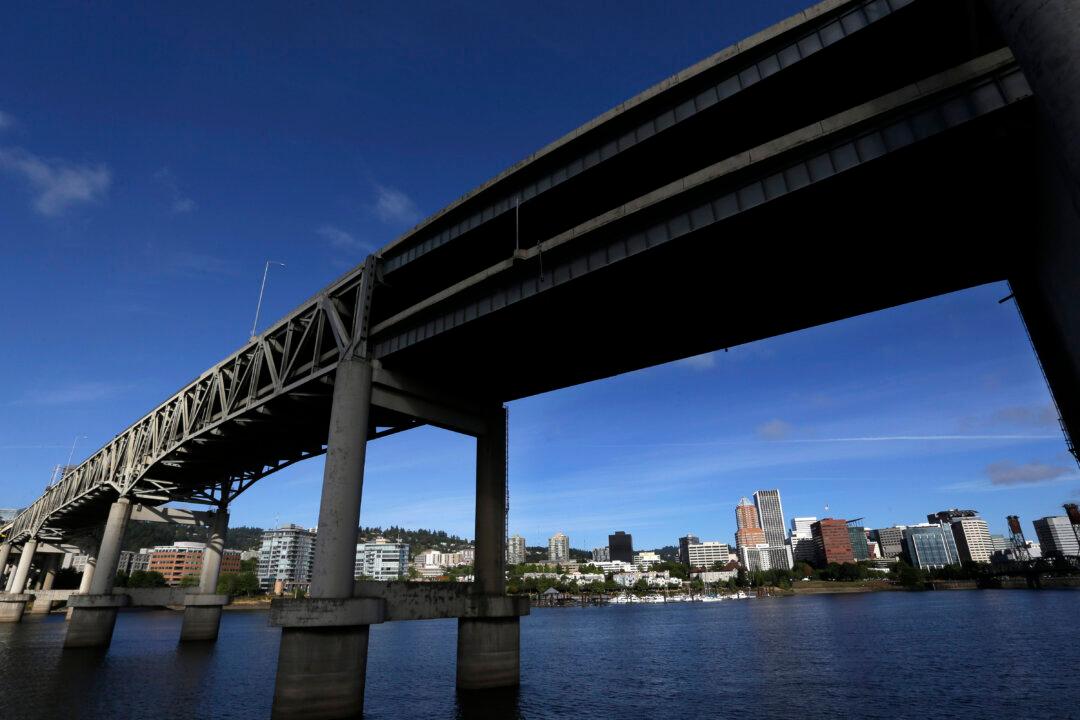Republicans are wary of the Democrats’ soon-to-be-revealed infrastructure proposal, saying their party wants the package to focus on core infrastructure needs like roads and bridges and how it can be paid for, not be overrun with elements from “The Green New Deal” or President Joe Biden’s climate change agenda.
Press secretary Jen Psaki told Fox News on Sunday that the next stage of Biden’s pandemic recovery is infrastructure, which the president will detail in a proposal this week.





